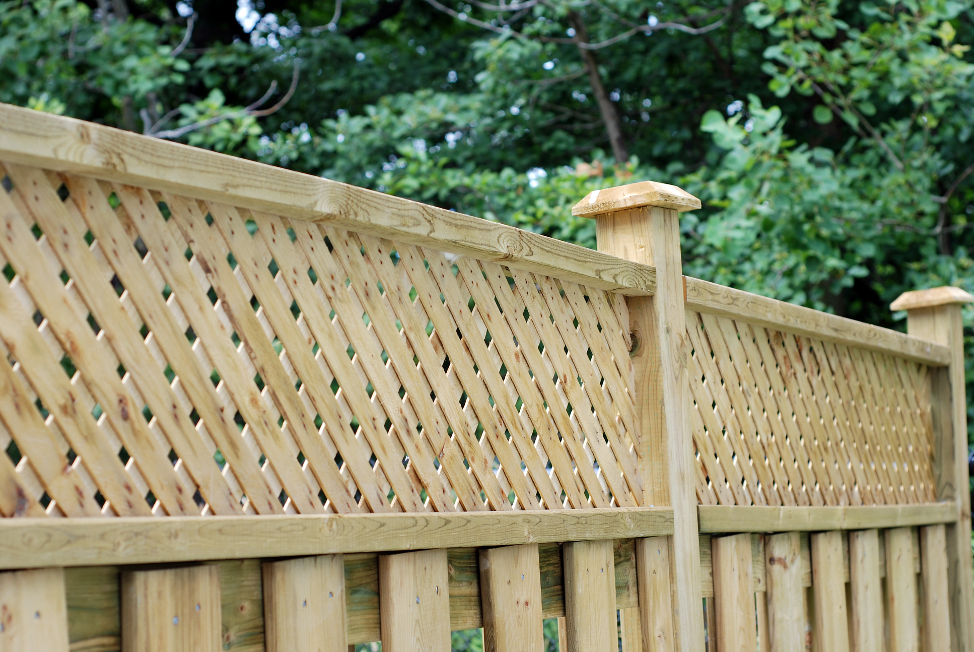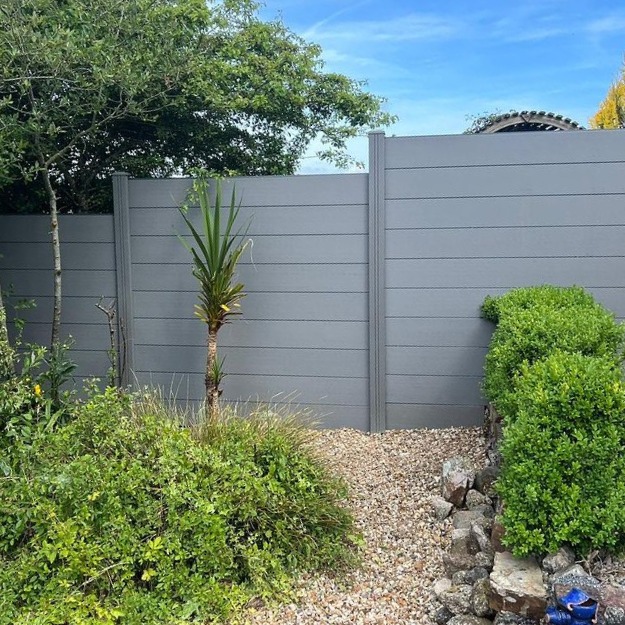All Categories
Featured

When installing a fencing, selecting the right product is key to stabilizing performance, aesthetic appeals, and budget. Wood, plastic, and aluminum are amongst one of the most generally picked fence materials, each with its disadvantages and strengths. This overview checks out the advantages and disadvantages of these alternatives to help you make an educated decision.

Wood Fence. Pros:. All-natural Charm: Timber's classic charm can improve any type of residential or commercial property with its traditional and cozy look. Customizable: You can paint, tarnish, or sculpt timber to fit your style choices. Cost effective: Wood secure fencing is initially more budget-friendly contrasted to some various other products. Eco-friendly: As a renewable energy, timber is naturally degradable and usually thought about green. Disadvantages:. Maintenance-Intensive: Normal sealing, paint, or discoloration is required to stop damages from weather and pests. Prone to Degeneration: Without appropriate care, wood can rot, warp, or split with time. Shorter Life expectancy: Typically, wood fences last 10-15 years, depending on the type of timber and upkeep. Timber is a great alternative for those that value aesthetic appeals and agree to buy normal upkeep to maintain its look and sturdiness.
Vinyl Fencing. Pros:. Reduced Maintenance: Vinyl requires marginal care-- simply periodic cleansing with soap and water. Weather Resistant: It does not warp, rot, or give in to insect damages, making it extremely long lasting in different climates. Long life: Plastic fences can last 20-30 years with little to no repair services. Style Range: Available in a vast array of colors, appearances, and designs, including wood-like appearances. Cons:. Higher Preliminary Price: Plastic fencings are extra pricey in advance compared to wood. Vulnerability to Cold: In extremely cool weather, plastic can end up being fragile and vulnerable to splitting. Restricted Fixing Options: Matching substitute panels can be challenging if damages occurs. Vinyl fencing is optimal for home owners searching for a resilient, low-maintenance option that provides modern flexibility.

Aluminum Secure Fencing. Pros:. Rust-Proof: Light weight aluminum stands up to rust, making it an outstanding selection for wet or moist environments. Long lasting: In spite of being lightweight, light weight aluminum is strong and can endure severe climate condition. Reduced Upkeep: It needs very little upkeep, normally only periodic cleansing. Long Life-span: Light weight aluminum fencings can last years without substantial damage. Classy Layout: Typically utilized for decorative functions, light weight aluminum fence adds a smooth, innovative look to residential or commercial properties. Cons:. High First Financial investment: Aluminum fencings are among the pricier choices on the marketplace. Less Personal privacy: The open designs typical with light weight aluminum fence do not supply much personal privacy. Susceptible to Damages: While sturdy, aluminum can damage if hit with sufficient force. Light weight aluminum is an excellent selection for house owners focusing on appearances and sturdiness without requiring much upkeep.
Making Your Choice. When deciding between timber, plastic, or aluminum secure fencing, consider your top priorities:
Wood fits those who appreciate a natural look and don't mind placing in maintenance effort. Vinyl is the very best option for those seeking a low-maintenance, weather-resistant remedy. Light weight aluminum supplies smooth style and lasting durability but might lack personal privacy. By carefully analyzing these products' attributes, you can choose a fence that complements your property while meeting your practical and visual demands.
Latest Posts
Find Outstanding Vehicle Maintenance Services in Chicago – Drive with Confidence
Published en
1 min read
Uncover Affordable Auto Repairs with Montclare’s Limited-Time Service Specials
Published en
1 min read
Identifying When Your Car Needs Professional Vehicle Service at Montclare Auto Repair
Published en
1 min read
More
Latest Posts
Find Outstanding Vehicle Maintenance Services in Chicago – Drive with Confidence
Published May 30, 25
1 min read
Uncover Affordable Auto Repairs with Montclare’s Limited-Time Service Specials
Published May 25, 25
1 min read
Identifying When Your Car Needs Professional Vehicle Service at Montclare Auto Repair
Published May 23, 25
1 min read